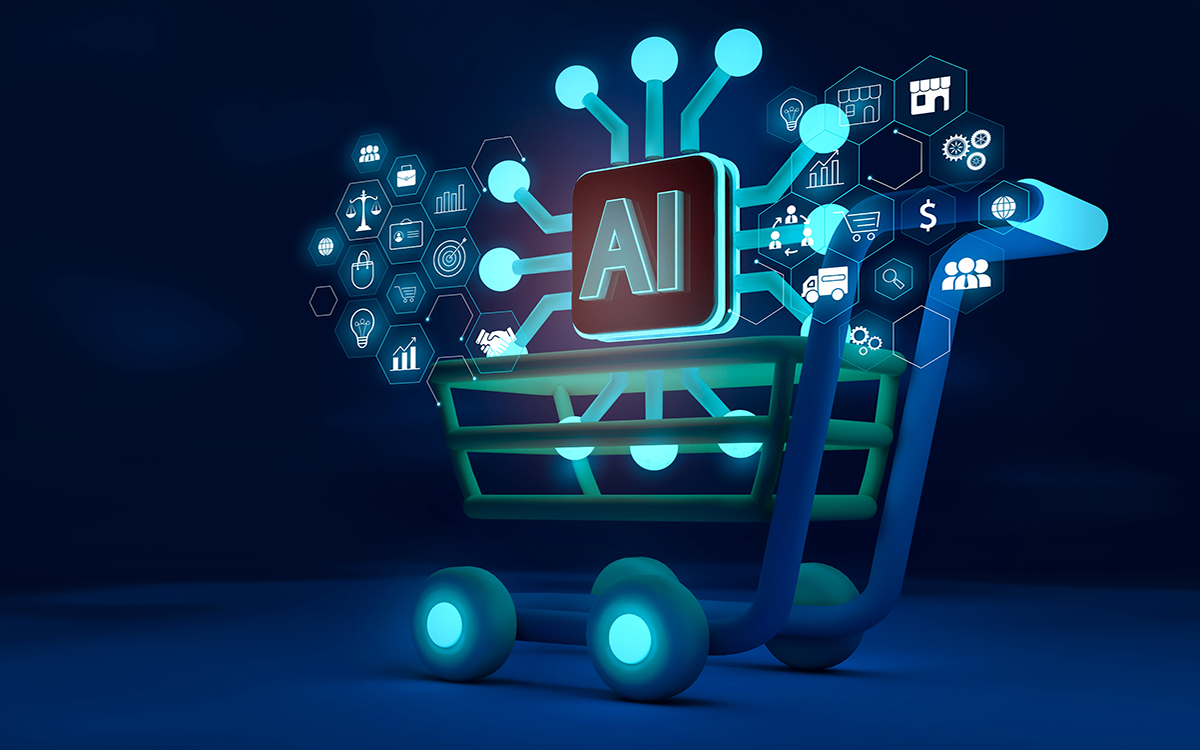
COVID-19 has caused a rethink of nearly every aspect of our lives, and has brought many overdue conversations to the top of the agenda. One of these topics is the sudden fragility we see in international supply chains.
Geographical expansion into emerging international markets has enabled companies in every sector to achieve the growth they desire. We’ve also seen the explosion of international e-commerce which has allowed businesses to access a vast range of new customers.
Yet the supply chains underpinning this international growth were already stretched to the limit. As customers’ demands grew for personalised products and fast delivery, the operational complexities that underpin supply chains were already creating unmanageable levels of cost.
This year, costs were the least of our problems when entire supply chains were completely shut down. This begs the question: how do we create new supply chains that can survive these types of disruption in the future?
Think globally, act locally
Whether due to pandemics or trade tensions, the next supply chain disruption is inevitable. Because of this, the concept of micro supply chains has been quickly gathering momentum.
By decentralising supply chains, we can continue to meet customer requirements and ensure our businesses are more resilient. These micro supply chains can offer a more sustainable alternative to monolithic global supply chains by:
- Moving manufacturing closer to the end customers making a purchase.
- Leveraging a new ecosystem of additive manufacturing within the geographical area.
- Using more agile and flexible contracts that enable manufacturers and suppliers to meet changing demands.
Of course, this change in mindset requires senior leaders to focus more on resiliency than on efficiency. If we’ve learned anything this year, however, it’s that a relentless push for efficiency on a massive scale can end up leaving us exposed.
Technology can play a role in enabling a more distributed and demand-centric supply chain model. By creating a new technology ecosystem that connects production and distribution processes, we can begin reimagining these miniature operating models that can scale and introduce new products at short notice.
Without the need to worry about exchange rates, tariffs and crop failures, companies can spend more time focusing on how they can create greater value for customers - negating any lost efficiencies of scale. Over time, these micro supply chains can be integrated into international supply chains in a manner that creates value without sacrificing this newfound resiliency.
At Fujitsu, we were already seeing the rapid transformation of transportation through the confluence of IoT, blockchain, and machine learning prior to the pandemic. We expect many of these transformations to continue despite the disruption, as enterprises look for new avenues for creating resilience across their entire business.
Focusing on the edge
Most importantly, the edge technology ecosystem will be the most crucial enablers of distributed micro supply chains. The interplay between AI, IoT, and 5G will be the prevailing story if these new systems are to be successful.
IoT technologies will be a key enabler of micro supply chain management using sensors, devices, cloud networks, and analytics to fuel automation and improve decision making. 5G networks now mean that billions more IoT devices can be connected more cost effectively and require less power. As 5G networks gain maturity, manufacturers will have greater capacity for tracking micro supply chains – with automatic data sharing between all parties removing many current gaps in visibility.
We look forward to working with our partners and clients to help them leverage new digital platforms and create new technology ecosystems that enable them to continue serving their customers in any circumstance.









